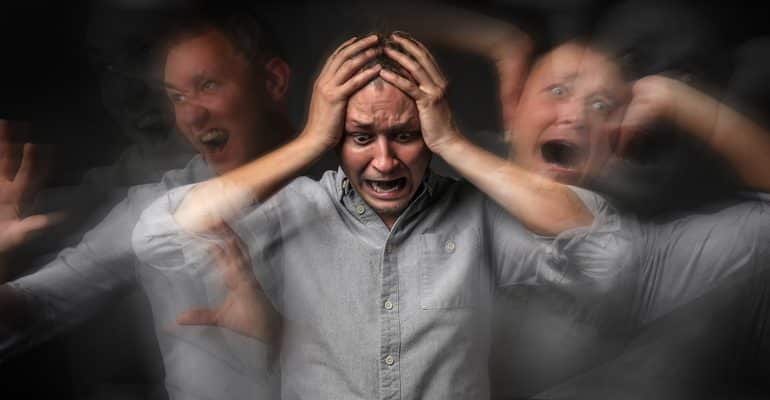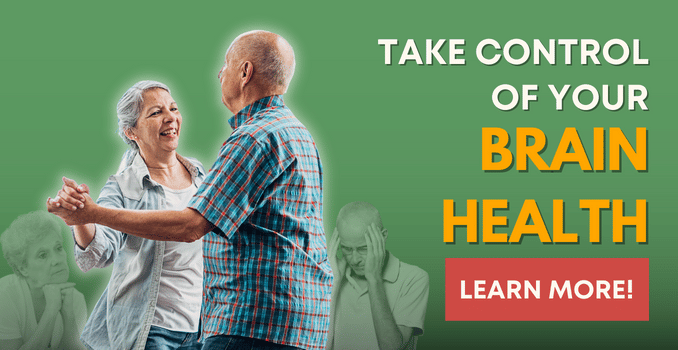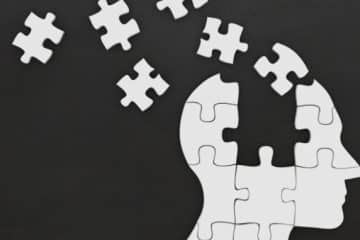If you have recurrent panic attacks, it’s important to know how to handle them, so they don’t take control of your life. In this article, there are several ways showing steps in dealing with a panic attack. But first, what exactly is a panic attack?
Panic attacks are frightening and can feel like you’re falling out of control. Your heart pounds, your breath quickens, and you may not get enough air. You might hyperventilate or experience other physical symptoms as well. Panic typically peaks within 10 minutes and subsides within 20, but it can leave you feeling shaken for hours afterward.
A panic attack is an intense burst of fear that comes out of the blue and seemingly has no trigger. They tend to happen when we’re stressed or tense, but they can also strike when we are calm.
Feeling afraid is natural when experiencing a panic attack; after all, something feels very wrong and unnatural. However, these feelings won’t last forever (thankfully!) and will likely not happen again anytime soon. Remembering this may help assuage any fears about the attacks coming back anytime soon.
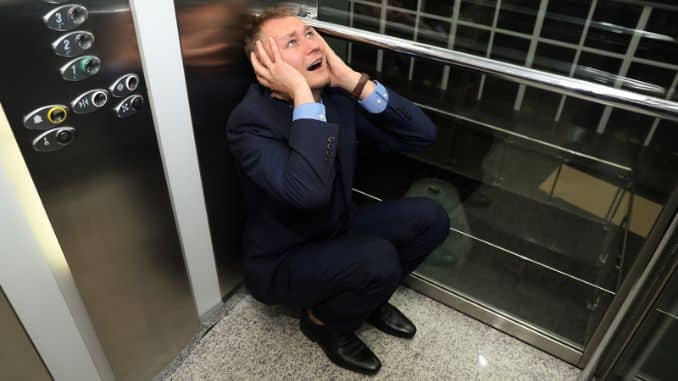
Anxiety Attack vs. Panic Attack
Panic attacks and anxiety attacks can both be incredibly frightening experiences. Both involve intense fear, nausea, and difficulty breathing. But what sets these two conditions apart? And are there any other subtle differences between them? The answer is yes!
It is important to make a distinction between anxiety attacks and panic attacks. Panic attacks can happen without a trigger or be caused by something that seems unimportant. Still, anxiety attacks are typically brought on by a scenario individuals see as harmful or dangerous.
While the same factors trigger panic attacks and anxiety attacks, the effects of each condition are quite different. Understanding the differences between these two anxiety disorders can help you manage your symptoms better. Here's a closer look at how they differ and where they intersect:
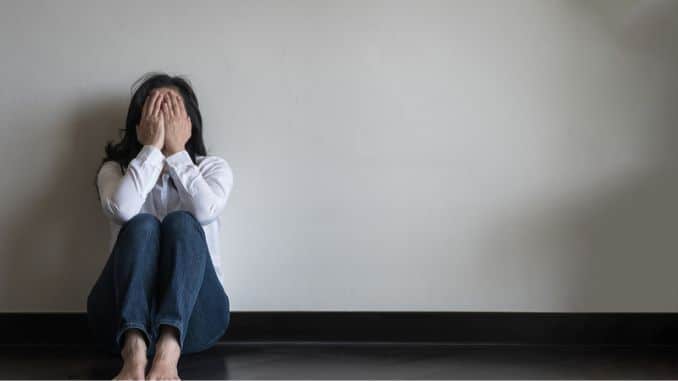
Anxiety attacks
These are very specific to a particular situation. There is an obvious and particular reason why you are experiencing those feelings. This happens before a particular event or in response to a particular situation. It might be because you have an important speech or report that you need to do, something is due, or you are asking someone to marry you. There are many reasons we can have anxiety attacks, where anxiety takes over and almost immobilizes us.
As you feel more anxious, your anxiety may increase over time. Symptoms include a rapid heartbeat, excessive sweating, an inability to focus, trembling, and shaking. The severity of symptoms can range from minor to severe and may last longer than usual.

Panic attack
On the other hand, this is different. A panic attack occurs for what seems to be no particular reason at all. You may just be walking down the street, and your heart starts pounding fast, and you're shaking and trembling. There would be a feeling like you're losing control, and you might even be afraid that you will die. This strong physiological reaction occurs all at once, and several things occur all at once, and it seems to have absolutely no real cause.
Everyone should be aware that panic attacks occur in almost everyone. Once or twice in their lifetime, they can experience a panic attack. And you don't need to be concerned about this. This is something that occurs and is quite common.
Physical symptoms frequently appear quickly, are upsetting, and come with a feeling of being disconnected from reality. Usually, they vanish after a short while.
What are you going to do if you're experiencing panic attacks regularly?
However, if you are experiencing panic attacks regularly, as do those who frequently experience panic attacks, you may become afraid of your panic attacks. When this happens, this now becomes a panic disorder. And if you suspect that you have a panic disorder, you must see your doctor because they can help you manage it.
A panic disorder is a sequence of occurring repeated panic attacks, often with no apparent cause. You should see and speak with your doctor to determine whether you need to take medication or make lifestyle changes to help you manage your panic attacks.

Symptoms of a panic attack:
There are a few telltale signs that you’re about to have a panic attack. Your heart starts racing, you feel lightheaded and dizzy, and you might even start feeling nauseous. You might also feel like you’re losing control or that you’re going to die. It would be best to observe yourself properly to know ways to deal with a panic attack. Here are a few things to look out for:
- Sweating
- trembling
- shaking
- the sensation of shortness of breath
- feeling of choking
- chills
- hot flushes
- nausea
- abdominal cramping
- chest pain
- headache
- dizziness
- numbness
- delusion
If you experience any of these symptoms, it’s important to try to stay calm. Suppose you can sit down and close your eyes. Take slow, deep breaths and focus on a happy memory or a calming image. The most important thing is not to panic. Once the attack has passed, you’ll feel exhausted and may even want to sleep. But don’t worry; you’ll be back to your normal self in no time.
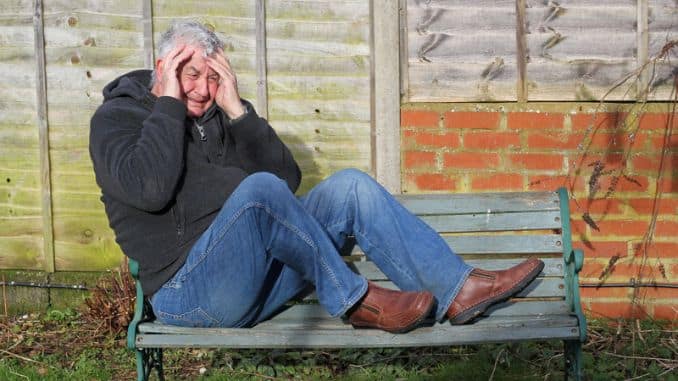
Probable Cause of Panic Attacks
Have you ever wondered what causes panic attacks? Well, wonder no more!
At times, they find it difficult to pinpoint the cause of panic attacks; however, they have some clues as to things that can potentially create this panic disorder in individuals. It’s important to be aware of these triggers and avoid them. If you can’t avoid them, try to minimize your exposure to them. Dealing with a panic attack requires you to know what causes it. Here is a list of the most likely causes of panic attacks:
1. Caffeine and smoking
If you consume a lot of caffeine and are a smoker, you have a higher risk of panic attacks. And If you are suffering from panic attacks, or if you even suffer from anxiety attacks that have a cause regularly, reducing or eliminating caffeine and smoking will help your body not switch to panic and not have those reactions so quickly.
If you drink coffee or caffeinated beverages, try to cut back or switch to decaf. Caffeine is a stimulant, and it can cause your heart rate to increase and your anxiety levels to rise. This can lead to a panic attack.
Smoking is also a trigger for panic attacks. The nicotine in cigarettes can cause your heart rate to increase and your blood pressure to rise. This can lead to a panic attack. Try to quit if you smoke in dealing with a panic attack. If you can’t, try to cut back.
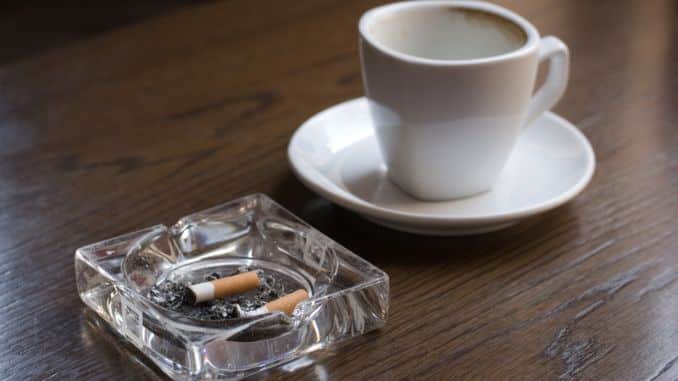
2. Trauma
New research indicates that we have memories within us. As a result, our experiences with our ancestors, particularly our parents, can profoundly impact us. Whether it is childhood trauma or traumatic events, it will increase your chances of having a panic attack.
In terms of trauma, your body holds emotion. If you had a traumatic event in your childhood, a serious illness, or were sexually assaulted as a teenager, you are now in your 40s. You think you're already past that, but you've had panic attacks; it may be from that memory. They just shut down when these things occur and are not dealt with in the moment or the current reality. Emotions, if they are buried alive, never really die. They only go underground and can resurface something anytime it triggers them.
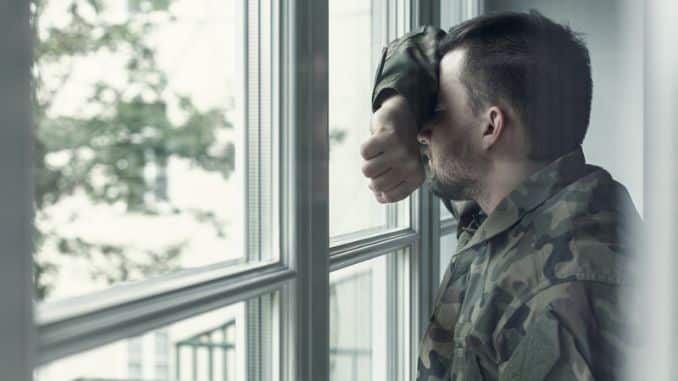
What are the possible causes of trauma?
Various experiences, such as a car accident, a natural disaster, or a violent attack, can cause trauma. When someone experiences trauma, it can trigger a panic attack. This is because the body’s natural fight-or-flight response is activated, and the body is preparing to defend itself.
If you’ve experienced a traumatic event, getting help from a mental health professional is important. They can help you deal with the trauma and prevent future panic attacks.
3. Major life stressor
Such as a job loss, a divorce, or the death of a loved one, often cause significant psychological stress, which in turn can cause anxiety and panic. One way to prevent panic attacks due to stress is to address the underlying sources of stress. Stress management techniques such as exercise, mindfulness, yoga, and talking to a therapist can help.
Major life stressors often result in a “fight or flight” response. When this happens, your body releases adrenaline, which can cause symptoms similar to panic attacks. It’s important to understand that a major life stressor does not cause a panic disorder. However, it’s common for people with panic disorder to experience stress and anxiety due to a significant life change.
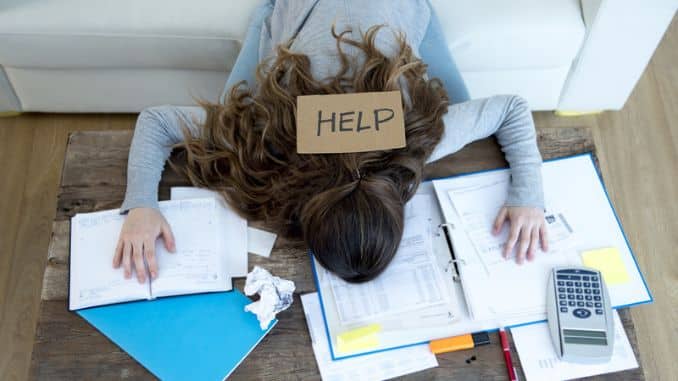
4. Family history of anxiety or depression
Panic attacks can also run in families, which suggests that there may be a genetic component. Suppose you have a parent or other close family member diagnosed with anxiety or depression. In that case, you are at a higher risk of developing panic disorder.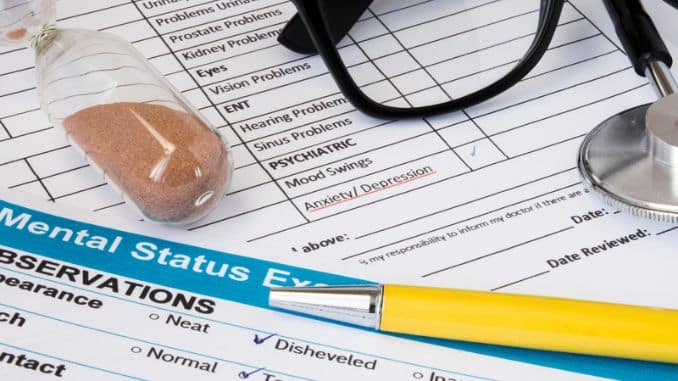
5. Genetics
Research suggests that genes may play a role in anxiety and depression disorders. For example, one study found that people with a certain gene were more likely to experience and dealing with panic attacks. Another study found that people with a certain gene were more likely to experience depression. While the role of genetics in anxiety and depression is not fully understood, these studies suggest that genes may play a role in these disorders.
6. Certain medical conditions
Certain medical conditions can cause a person to experience panic attacks. A change in medication or a medical condition can sometimes cause a person’s brain chemistry to change, leading to panic attacks. If you are on any medication, you must talk to your doctor about the possibility of panic attacks.
Whatever the cause, if you’re suffering from panic attacks, there is hope. Treatment options include therapy, medication, and self-care. With the right help, you can learn to manage your panic attacks and live a full and healthy life.
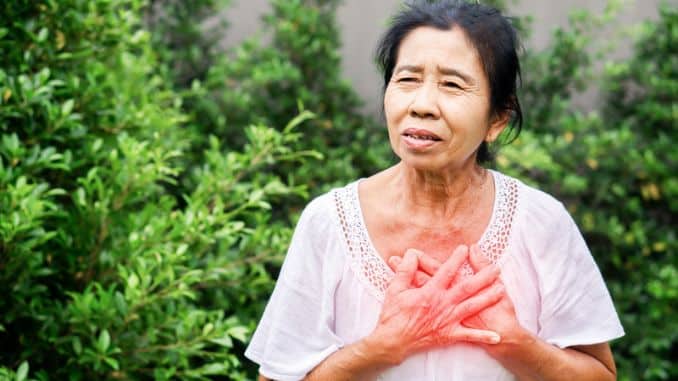
5 Most Important Ways To Deal With Panic Attacks:
If you suffer from panic attacks, you’re not alone. Millions of people around the world struggle with this condition. But the good news is that there are ways to cope. Here are five of the most important things you can do in dealing with panic attacks:
1. Educate yourself
Understand what triggers your attacks. If you can identify what sets them off, you can try to avoid those triggers. Knowledge is the power to deal with a panic attack successfully.
Do some personal research about your panic attacks. The first step is to understand what a panic attack is. Please find out more about the symptoms, causes, and risks and gain an understanding of them. A therapist can help you understand and manage your anxiety. If you’re unsure where to start, plenty of resources are available to help you find a therapist.

Once you understand a panic attack, you can learn how to deal with it. A few of the effective techniques to do that include deep breathing, positive thinking, and relaxation. Speaking with a therapist or counselor can help you manage your panic attacks more effectively.
2. Check your thinking
One of the things to examine is your way of thinking. Another cause or risk factor for panic attacks is found in people who are extremely sensitive to stress and are more prone to negative emotions. So begin to become very aware of your thinking because, as a panic attack begins, running that negative, obsessive thought pattern around will escalate your panic attack.
Stay positive. Negative thinking can make panic attacks worse. Practice thinking positive, self-affirming thoughts. Try to challenge the negative thoughts and reframe them in a more positive light. That's how dealing with a panic attack goes.

3. Avoid caffeine and smoking
Though these help a lot of people in their day-to-day lives, for someone who is particularly suffering from panic attacks, these are not advisable because they are triggering factors. Caffeine can trigger or worsen panic attacks, so it’s best to avoid it altogether. Smoking also increases anxiety and can make panic attacks more likely. If you can’t give up caffeine or smoking, try to limit your intake as much as possible.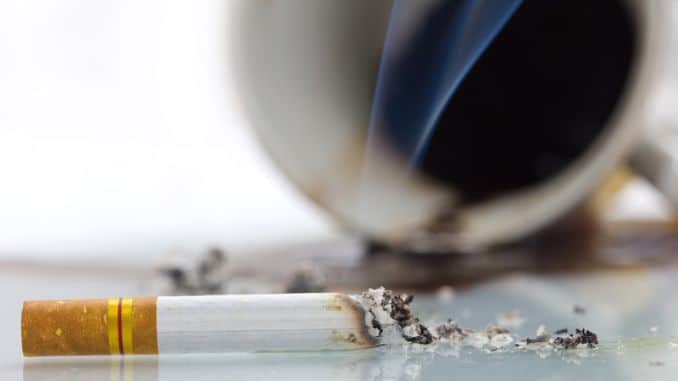
4. Develop relaxation techniques
Begin to learn some relaxation techniques in dealing with a panic attack. Deep breathing, progressive muscle relaxation, and visualization can all help calm your body and mind. The technique includes checking your thinking, doing positive self-talk, and connecting to yourself.
5. Choose a healthy lifestyle
This may already sound like a cliché to some, but these are the 3 specific lifestyle changes you can start working on.
A. Reach out to people
In dealing with a panic attack, talk about what's happening. You can join a support group. There are many groups available online and in person. Connecting with others who understand what you’re going through can be very helpful.
B. Exercise regularly
nothing fancy or complicated. A simple walk around your neighborhood or dancing to a tune in your living room will do. Any physical activity to get rid of any adrenaline in the body is what it takes. Exercise releases endorphins, which have mood-boosting and stress-reducing effects. This can help reduce the frequency and intensity of panic attacks. Try to get at least 30 minutes of exercise each day.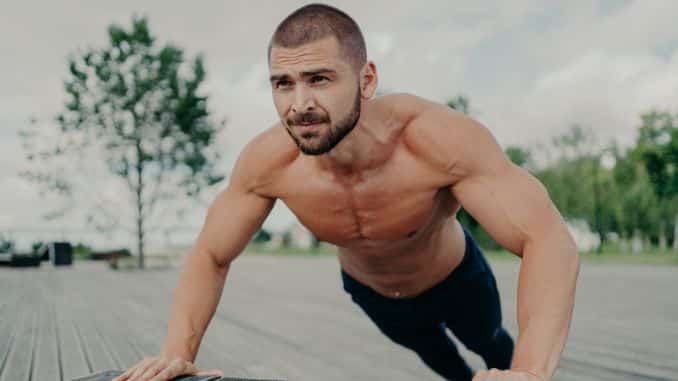
C. Get enough sleep
go to bed early at night; stop scrolling on your cell phone while you're getting ready to go to bed, and stop thinking about what you didn't get done in the day. Make sure to get plenty of rest. A good night’s sleep can help reduce stress and anxiety and make it easier to recover from a panic attack. Relax and be ready to call it a day.
Remember that you are not the only person who experiences panic attacks that is why there are a lot of things on dealing with a panic attack. Many people understand what you’re going through. Seek help from professionals and support groups. And most importantly, don’t give up. You can learn to manage your condition and live a rewarding life with time and effort.

Panic attacks are terrifying. They can feel out of control while at the same time making you feel like you’re not in control of anything at all. The best way to handle a panic attack is to take a step back, take a deep breath, and analyze the situation. You may find that the situation isn’t as bad as you thought it was or that you can improve it with some preparation.
It can help to keep a journal of dealing with a panic attack so you can track how often they occur and how severe each one is.
Yes, you can handle panic attacks. Panic attacks can be intimidating and potentially scary, but another way to handle them is with the help of a trusted friend or family member. Reach out for help and try to remember that each panic attack is a learning experience and nothing to be ashamed of.

